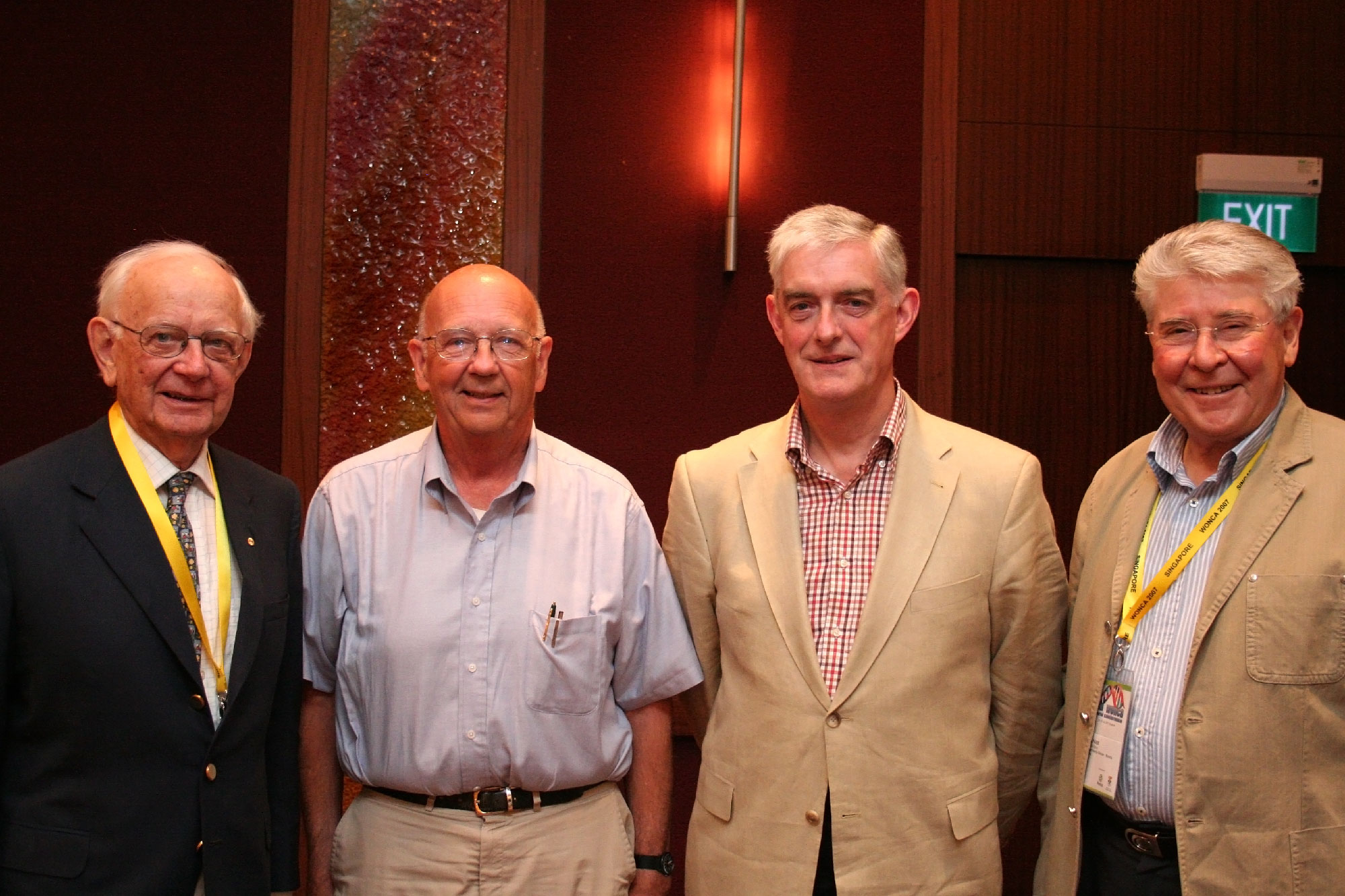From the President: June 2020
Español Français 中文
The WONCA Executive usually meets face to face twice a year, with monthly teleconferences in between each meeting. While the virtual meetings are useful to process normal business, we rely on the face to face meetings to discuss bigger, broader, issues of more complexity. Especially when some of those on Executive sit for only one two-year term, the face to face meetings are crucial to build understanding of the organization and of each other’s regions. At those meetings, discussions which take place over coffee or at breakfast often speed up the decision-making when it comes to the formal debates and discussions. Chatting over coffee, people have an opportunity to vocalise or clarify concerns with colleagues in a very relaxed and informal way. Seeing each other in rows on a flat screen, while necessary and useful, does not offer the same interaction or collegiality that inevitably develops over time when we meet face to face.
Our recent Executive meeting, which should have been face to face in Belfast, had to be held virtually. With a full agenda addressing, among other things, potential changes to Bylaws, to be brought to the next World Council; issues around the challenges of holding the next planned Council meeting and World conference in Abu Dhabi in November; the financial implications to our organisation due to our changed world; and the planned transition of the WONCA World Secretariat from Bangkok to Brussels at the end of this year. All of these issues have implications which ripple across the world, affecting our members. A decision taken about one issue has a knock-on effect or consequence for other issues, sometimes currently unanticipated and unintended.
One of the matters which struck me during our discussions is the importance of maintaining the institutional knowledge and institutional history of our organisation. That is not to say we should dwell in the past or exclusively look to the past to decide our future. Not at all. But we have a responsibility, as WONCA’s Executive, as temporary guardians of WONCA, to respect how we got to where we are; to understand why some decisions were taken and what compromises had to be made to keep all our Member Organisations and global colleagues on board; to influence where we can; to cultivate quality family medicine as the basis for all health systems; and to lead the way on innovative means of delivering good quality care. We owe it to our predecessors - and to our future leaders - to have a working knowledge of the history of the organisation, so that we maintain its ethos, its principles and its integrity.
 Photo: Past "guardians" of WONCA: Past Presidents David Game (Australia), Bob Higgins (USA), Michael Boland (Ireland), and at right Past CEO Wes Fabb, at the WONCA Singapore World conference 2007
Photo: Past "guardians" of WONCA: Past Presidents David Game (Australia), Bob Higgins (USA), Michael Boland (Ireland), and at right Past CEO Wes Fabb, at the WONCA Singapore World conference 2007
As a global organization, and specifically as the Executive arm of the organization, we need to build on the solid foundations of the work of those who have preceded us in previous Executives, to hold true to the principles on which we are founded, and to leave the organization in a good state for those who will take on the role of a new Executive. Our history informs our present and our future, not least while the world rapidly changes around us and our ways of working are adapting and moulding to different challenges.
Find out more about WONCA's history here
Donald Li
President